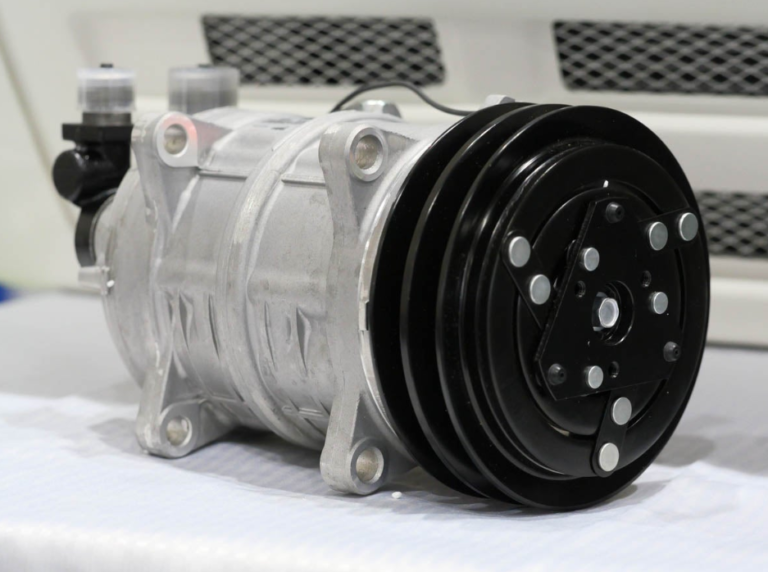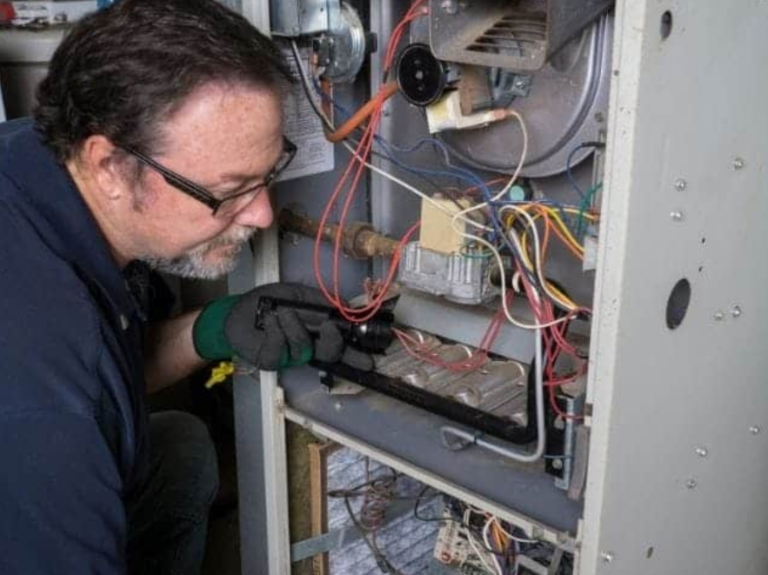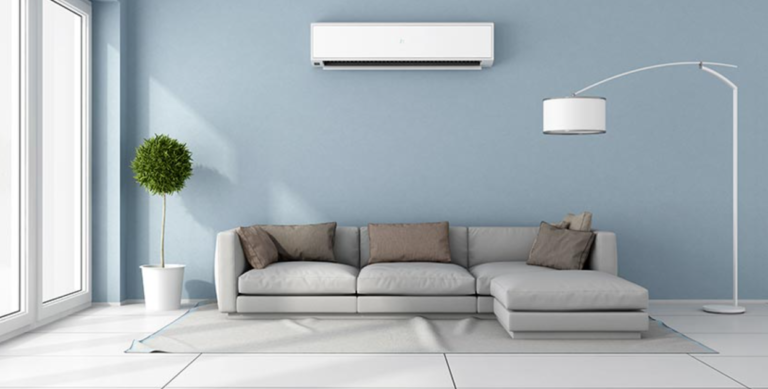Do Air Purifiers Cool the Air?
Air purifiers are a popular choice for many homeowners looking to improve the air quality in their homes. But do they also have the ability to cool the air? In this article, we’ll explore the different types of air purifiers and their effects on the temperature of the air in a room. We’ll also look at the other benefits of air purifiers and how to choose the best one for your home.
Chapter 1: How Air Purifiers Work
Air purifiers work by drawing in air from the surrounding environment and filtering out contaminants and pollutants. The most common types of air purifiers use mechanical filters, such as HEPA filters, to capture particles as small as 0.3 microns in size. These filters can be effective at removing a wide range of pollutants, including dust, pet dander, mold spores, and pollen.
Other types of air purifiers use ultraviolet (UV) light or ozone to kill germs and bacteria. UV light air purifiers use lamps to emit UV light, which can kill up to 99% of the germs and bacteria in the air. Ozone air purifiers generate ozone gas, which can also kill germs and bacteria in the air.
Chapter 2: Do Air Purifiers Cool the Air?
Contrary to popular belief, air purifiers do not have the ability to cool the air. In fact, some types of air purifiers, such as those that use UV light or ozone, can actually heat up the air slightly as they operate. However, there are a few factors that can make it feel cooler in a room with an air purifier.
First, removing contaminants and pollutants from the air can make it feel fresher and more breathable, which can be especially refreshing on hot and humid days. Second, running an air purifier can increase the circulation of air in a room, which can help distribute the cool air from an air conditioning unit more evenly. This can make the room feel cooler, even if the air purifier itself isn’t lowering the temperature.

Chapter 3: Other Benefits of Air Purifiers
While air purifiers may not have the ability to cool the air, they do offer a number of other benefits that can improve the overall air quality in your home. Here are a few:
Reducing allergens: Air purifiers can filter out allergens such as dust, pollen, and pet dander, which can help reduce allergy symptoms.
Removing odors: Air purifiers can remove unpleasant odors from the air, such as tobacco smoke or cooking smells.
Killing germs and bacteria: Some air purifiers, such as those that use UV light or ozone, can kill germs and bacteria in the air, which can help reduce the risk of illness.
Chapter 4: Choosing the Right Air Purifier
When shopping for an air purifier, it’s important to consider the size of the room you want to purify, as well as the specific pollutants you’re trying to remove. For example, if you’re looking to remove allergens, you’ll want to choose an air purifier with a HEPA filter. If you’re trying to kill germs and bacteria, you’ll want to choose an air purifier with UV light or ozone.
It’s also a good idea to consider the cost and maintenance of the air purifier. Some types of filters, such as HEPA filters, need to be replaced more frequently, which can add to the cost of ownership.
Conclusion
In conclusion, while air purifiers do not have the ability to cool the air, they do offer a number of other benefits that can improve the overall air quality in your home. Whether you’re looking to reduce allergens, remove odors, or kill germs and bacteria, an air purifier can be a valuable addition to your home. So while they may not cool the air, they can certainly help make it feel fresher and more breathable.
When choosing an air purifier, it’s important to consider the size of the room you want to purify, as well as the specific pollutants you’re trying to remove. Make sure to consider the cost and maintenance of the air purifier as well. With a little bit of research, you can find the right air purifier for your home and enjoy the benefits of improved air quality.






